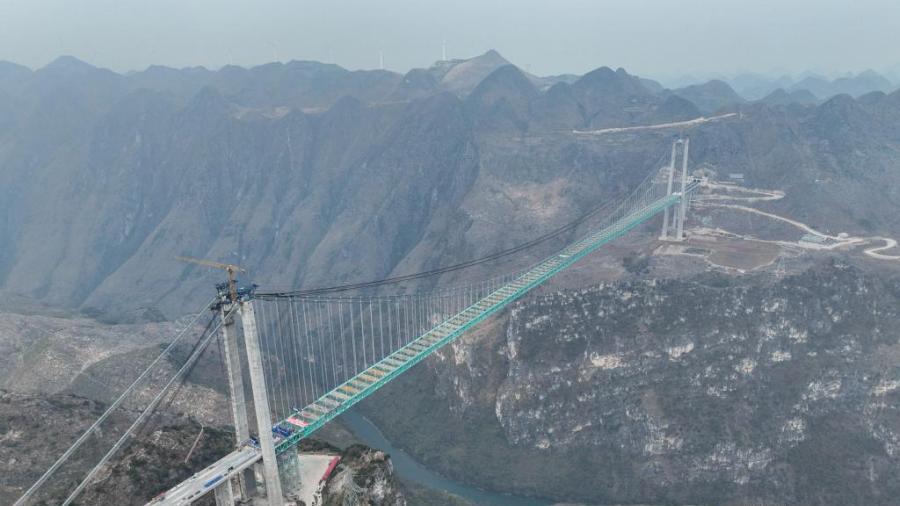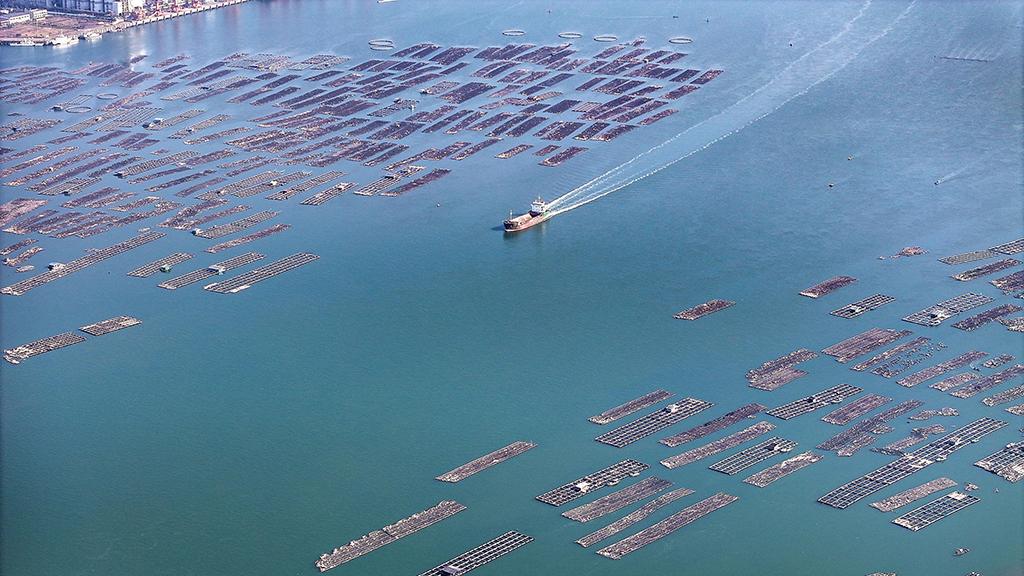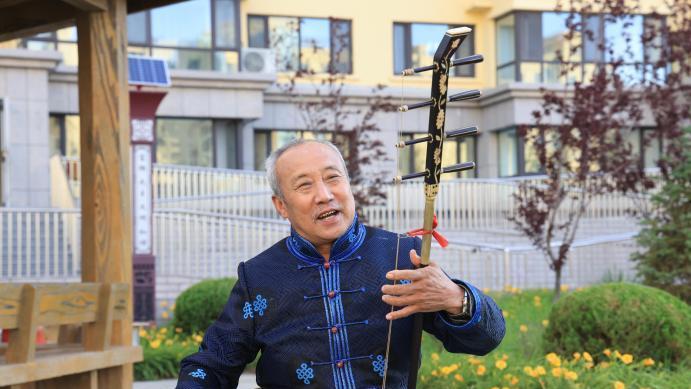Commentary: Collaboration is essential for global economic growth in Intelligent Age
GENEVA, Jan. 20 (Xinhua) -- As the World Economic Forum (WEF) annual meeting opens in Davos, Switzerland, the intelligent industry's role as a key engine of economic growth is under global gaze. In an ever-evolving world landscape, collaboration is broadly deemed indispensable for unleashing the sector's potential.
As global leaders gather here this week, they are highly expected to send a clear message of global unity against rising protectionism, which threatens to undermine the very foundation for global progress.
Technology holds enormous promise for the future, and the intelligent industry offers vast opportunities for innovation, productivity and growth. But discrete opportunities may come to naught amid integrating global trade networks and accelerating technological advances. Nations across the world must stick together.
Protectionism, however, casts a long shadow. The WEF's latest report paints a sobering picture, forecasting a challenging global economic outlook for 2025. Over half of surveyed economists foresee a bleak future due to rising trade barriers, soaring public debt and an uneven economic recovery.
As WEF President Borge Brende observed, the world is facing a moment of "unprecedented global uncertainty." In such turbulent times, cooperation is not merely a choice but an imperative to address the economic, environmental and technological crises confronting the world.
As nations become more interconnected not least by technology and trade, there is compelling need for global cooperation. From data flows to innovation, globalization and digitalization demand openness and trust. Whether in protecting intellectual property or fighting misinformation, transparent, fair and reliable frameworks are instrumental and can only be built through collaboration.
Unfortunately, some countries have chosen to act out of self-interest instead of seeking broader cooperation. In sectors from semiconductors to AI, trade barriers and technology restrictions have proliferated. These "small yard, high fence" approaches will definitely destabilize economies and stunt long-term progress.
The global economic order is shifting toward multipolarity, a trend accelerated by intelligent technologies, which not only boast high efficiency but contribute to closing development gaps. Only by teaming up with each other, dismantling barriers to technology transfer, and fostering inclusive growth can these technologies be pushed to their limits.
A paradigm of the kind is China's active participation in global economic governance and its commitment to openness.
By prioritizing innovation and collaboration, China has enabled the transfer of critical technologies and expertise to developing nations, supporting their efforts to modernize industries and boost their competitiveness.
Initiatives such as the Digital Silk Road, which focuses on building digital infrastructure and promoting cybersecurity, underscore China's focus on fostering a fair and open digital economy.
As the world economy navigates profound changes unseen in a century, China's approach offers a blueprint for fostering shared growth. Hopefully, global leaders may draw strength from this spirit of cooperation and work together for a future where innovation and progress are truly inclusive.
Photos
Related Stories
- World Economic Forum report calls for strengthening global cooperation
- Heads of int'l organizations call for joint efforts to promote growth: official
- Global economy in danger of getting stuck on low-growth high-debt path: IMF
- IMF warns of elevated risks to global public debt
- IMF maintains 2024 global growth forecast at 3.2 pct, warns of geopolitical tensions
Copyright © 2025 People's Daily Online. All Rights Reserved.









